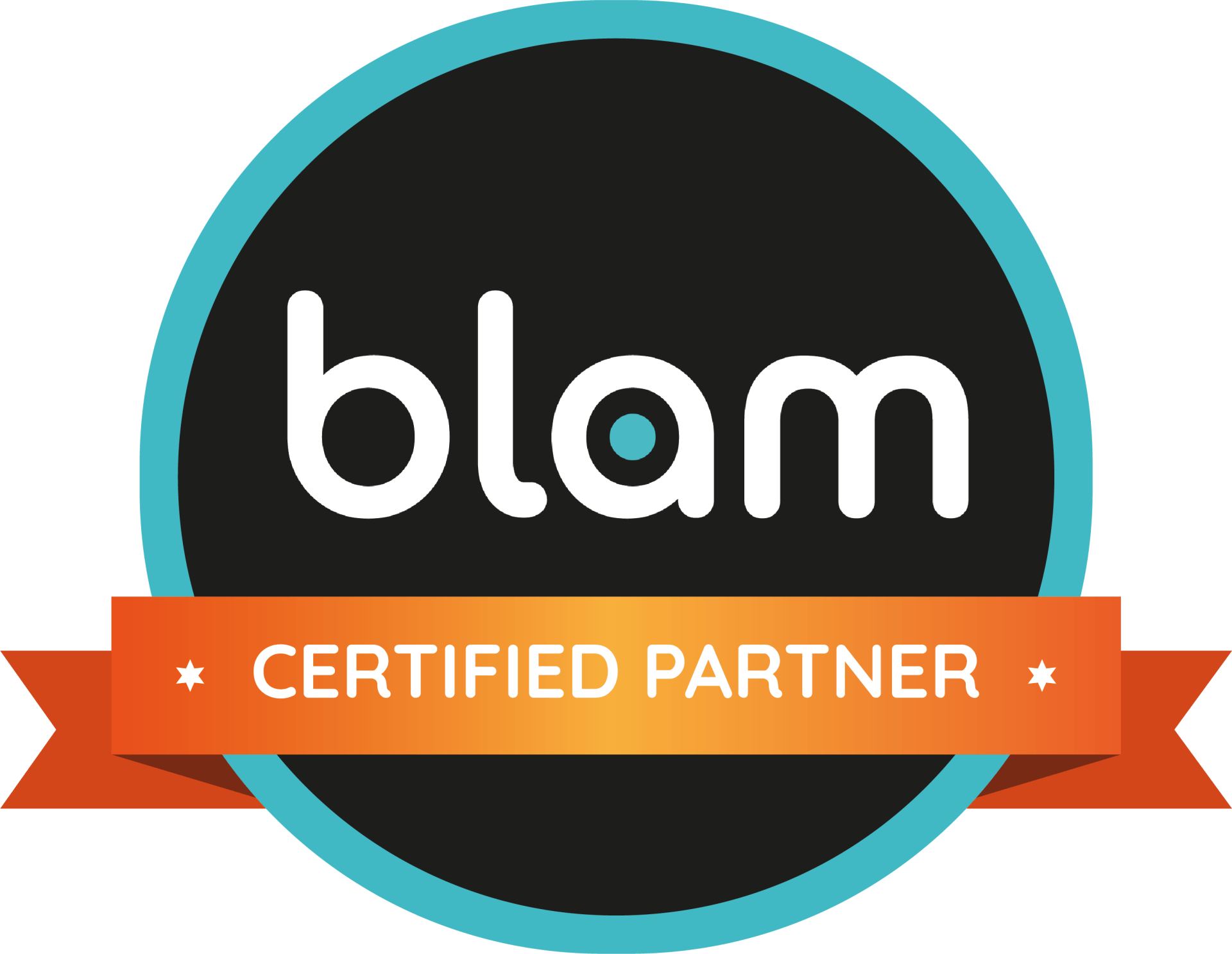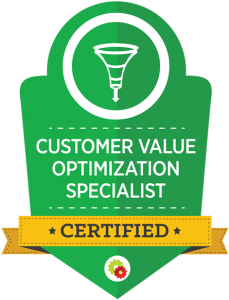The Metrics that Matter: Measuring the Impact of Your Patient-Centered Content Strategy
Introduction
Is your patient-centered content strategy truly hitting the mark? Are you effectively connecting with your target audience—whether they are patients, healthcare providers, or stakeholders? In today’s rapidly evolving healthcare landscape, content is no longer just king; it’s the lifeline to building patient engagement, trust, and long-term loyalty.
Imagine a scenario where every piece of content—from your website to blog posts—feels specifically tailored to your audience’s needs, preferences, and concerns. This isn’t just an idealistic vision; it’s the essence of a successful patient-centered content strategy.
By honing in on individual patient needs, values, priorities, preferences, lifestyle and goals, you can create a more personalized care and engaging experience that genuinely resonates.
But how do you measure the success of such a strategy? Understanding and tracking the right metrics can be the difference between a content strategy that flourishes and one that falters.
In this blog, we’ll dive deep into the key metrics that matter, explore their significance, and provide actionable insights to help you evaluate, improve, and enhance your patient-centered content strategy.

Understanding Patient-Centered Content Strategy
At its core, a patient-centered content strategy places the patient’s perspective at the forefront of every piece of content you create. This approach is more than a passing trend; it’s a commitment to holistic care that respects and responds to patients' values, preferences, needs, expectations, and lifestyles. In essence, it’s about moving away from a one-size-fits-all approach and towards a more personalized, empathetic dialogue that builds trust by involving patients in decisions about their care, ultimately fostering better health outcomes. Furthermore, your content must adapt to the various stages of the patient healthcare journey—from prevention and diagnosis to treatment, rehabilitation, discharge, and follow-up.
Why Measuring Impact Matters in Healthcare
Measuring the impact of your content is not merely a box to tick; it’s crucial for understanding how well your strategy is working and where improvements can be made. Accurate measurement enables you to:
- Optimize Engagement: Identify which content resonates most with your audience.
- Improve Patient Outcomes: Tailor content to better support patient needs and preferences.
- Allocate Resources Wisely: Invest in strategies that deliver the highest return on investment.
As healthcare providers are increasingly expected to deliver personalized experiences, measuring content impact ensures you’re effectively meeting patient needs and expectations.
Key Metrics to Measure the Impact of Patient-Centered Content
1. Patient Engagement Metrics: These include time on page, click-through rates, and social media interactions, which gauge how well your content captures and retains patient interest.
2. Content Performance Indicators: Assess metrics like page views, bounce rates, and conversion rates to evaluate how effectively your content drives desired actions, such as scheduling appointments or signing up for newsletters.
3. Patient Experience Evaluation: Collect feedback through surveys and patient reviews to understand how well your content meets their needs and addresses their concerns.
4. Healthcare Marketing Analytics: Utilize tools like Google Analytics and healthcare-specific platforms to track overall content performance and ROI.
5. Content ROI: Measure the financial impact of your content by comparing the cost of content creation to the revenue generated from patient interactions.
How to Implement and Track These Metrics
1. Set Clear Objectives: Define what success looks like for your content strategy—whether it's increased patient engagement, higher conversion rates, or improved patient satisfaction.
2. Choose the Right Tools: Utilize analytics platforms such as Google Analytics, SEMrush, or healthcare-specific analytics tools to track and measure performance.
3. Monitor and Analyze: Regularly review your metrics to identify trends and emerging insights. Look for patterns in patient behavior and your content performance.
4. Adjust and Optimize: Use the data you collect to make informed adjustments to your content strategy. Test different approaches and refine your tactics based on what the data reveals about patient consumption patterns.
Interpret Data and Make Strategic Adjustments
Once you’ve gathered your data, it’s time to analyze and interpret it. Here’s how to leverage those insights:
- Identify High-Performing Content: Focus on what’s working well and consider producing more content in that style or topic.
- Address Weaknesses: Analyze underperforming areas to understand why they aren’t resonating, and make necessary changes to elicit a positive response from patients.
- Stay Agile: The healthcare landscape and patient needs are constantly evolving. Be prepared to pivot your strategy as new trends and insights emerge.
Case Study
Consider the case of a small psychiatric diagnostic and treatment practice in Texas that implemented a patient-centered content strategy. By focusing on content related to psychiatric health tips and patient success stories, they saw a 35% increase in website engagement and a 25% increase in appointment bookings within six months. They tracked these improvements through metrics like time on page and conversion rates, continuously adjusting their content based on patient feedback and analytics.
Challenges in Measuring Content Impact
Measuring content impact in healthcare comes with its own set of challenges, including:
- Data Privacy: Ensuring that patient data is handled with the utmost care while gathering and storing useful metrics.
- Attribution Complexity: Accurately attributing patient actions to specific content pieces can be complex.
- Evolving Metrics: The metrics that matter can change as healthcare trends and technologies evolve.
Conclusion
Measuring the impact of your patient-centered content strategy isn’t just about tracking numbers; it’s about understanding and enhancing the patient experience and overall satisfaction. By focusing on the right metrics and using data-driven decisions, you can create content that resonates with your audience and drives better outcomes for your patients and your practice.
This blog provides actionable insights and strategies for healthcare professionals, ensuring they understand the importance of measuring content effectiveness and are equipped with the tools to do so. By addressing common challenges and offering practical solutions, it aims to inspire and guide readers toward more impactful content strategies.
Ready to Elevate Your Patient Engagement?
Transform your healthcare communication with patient-centered content that truly resonates. Start by evaluating your current content strategy through the lens of empathy, clarity, relevance, and inclusivity. Discover how these principles can enhance patient experiences and build stronger relationships.
Take the First Step Today:
- Download Our Free 73-Audit: Uncover actionable insights to optimize your digital content strategy.
- Schedule a Consultation: Connect with our experts to discuss tailored solutions for your practice.
About Us

1st Hour empowers healthcare providers and practitioners in independent medical practice seeking to enhance their online presence and reach; we deliver innovative digital marketing solutions to improve patient engagement, amplify brand visibility and unlock sustainable growth in diverse marketplace. We specialize in helping your business goals while advancing health equity and patient care excellence.
Contact Us
- 📞 Call: 774 719 4647
- 📧 Email: Barry@1stHour.online
- 🌐 Visit:
www.1stHour.online
Special Offer:
Download our Free 73-Audit and schedule a Free Consultation.
1st Hour Services:
• AI-powered professional websites.
• Search Engine Optimization (SEO).
• Mobile app development.
• Content creation.
• Brand image and Reputation management.
• Social media management.
Barry Eneh

Barry, a health enthusiast, is the founder of 1st Hour, a Boston-based marketing and technology company established in 2023. 1st Hour is dedicated to helping small and mid-sized businesses in the healthcare, education, and non-profit sectors gain professional credibility and market visibility with their target audiences. Our mission is to connect businesses with key audience groups and those most likely to benefit from their brand promise and expertise.
Experience
- Founding Director of APNO-USA Health Service Group.
- Healthcare leader at VA.
- Over 20 years of experience in healthcare operations and clinical practice at private and public healthcare systems.
Education
- MSC in Integrated Marketing Communications, Franklin University.
- MPH in Public Health Management, Wright State University.
- PhD in Healthcare Administration, Walden University.




